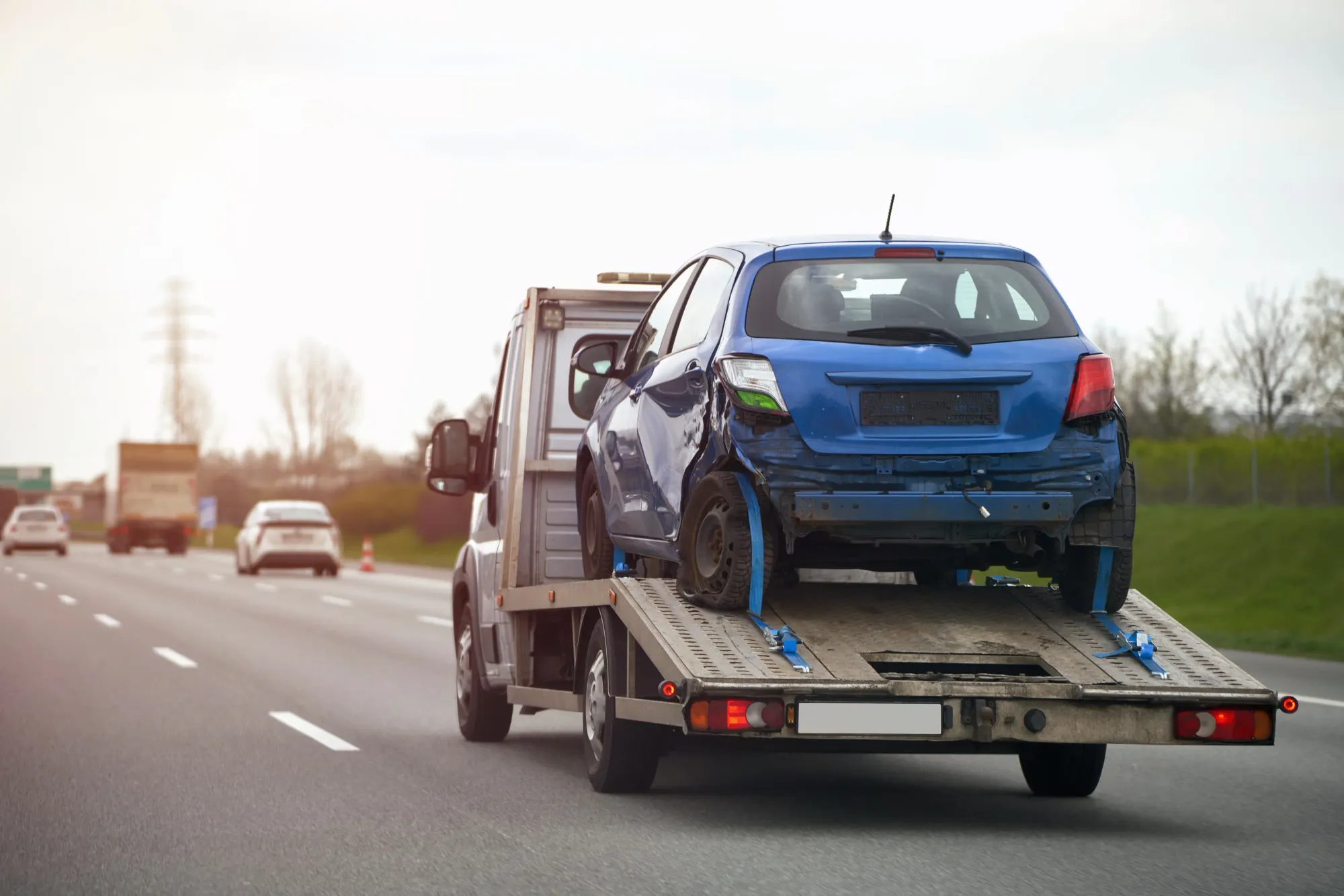Deregistering a vehicle in the United Kingdom means informing the Driver and Vehicle Licensing Agency (DVLA) that your car will no longer be used on public roads, is being scrapped, or is leaving the country.
The exact process depends on the situation, and choosing the correct type of deregistration is essential to avoid fines or legal issues.
How to deregister a vehicle: temporary, permanent and due to relocation abroad
Before deregistering a vehicle, it’s important to understand the different procedures recognised by DVLA.
Each one applies to a specific scenario and requires certain steps or documents.
Temporary deregistration
Temporary deregistration in the UK is done through a Statutory Off Road Notification (SORN).
This tells DVLA that the vehicle will be kept off public roads.
A SORN is used when a vehicle won’t be driven, taxed or kept on public roads.
It is the simplest way to temporarily remove a car from active registration without scrapping or exporting it.
How it works:
- Apply online using the V5C logbook reference or tax reminder number.
- The vehicle must remain on private land until taxed again.
- SORN continues indefinitely until you decide to put the car back on the road.
Permanent deregistration
Permanent deregistration applies when a vehicle is being scrapped or declared permanently unfit for the road.
When a car reaches the end of its life or is written off, it must be dismantled by an authorised facility.
This process ensures proper disposal and permanently removes the vehicle from the UK register.
How it works:
- Take the vehicle to an Authorised Treatment Facility (ATF).
- The ATF will notify DVLA and, in most cases, issue a Certificate of Destruction.
- You must complete the relevant section of the V5C to confirm that the vehicle has been handed over for scrapping.
Deregistration due to transfer of the vehicle to another country (export)
This applies when you are selling your vehicle to someone abroad or moving overseas and taking the car with you.
Exporting a vehicle requires notifying DVLA so the car can be removed from the UK database.
The process must be completed before the car leaves the country.
How it works:
- Complete the “permanent export” section of the V5C logbook.
- Send this section to DVLA and keep the rest of the document if you are taking the car with you.
- The vehicle will then be officially deregistered from the UK register.
- You will need the Certificate of Conformity (COC) to complete the process.
When should a vehicle be deregistered?
Deregistration is necessary in several situations, and failing to notify DVLA can lead to penalties.
It’s important to act promptly when circumstances change.
You should deregister a vehicle when:
- It is off the road (SORN).
- It is being scrapped at an authorised facility.
- It has been written off by an insurance company.
- You are permanently exporting the vehicle.
- It has been dismantled or broken for parts by an approved operator.
How much does it cost to deregister a car?
The cost of deregistering a vehicle depends on the type of deregistration.
Most DVLA notifications are free, but there may be indirect costs.
Typical costs include:
- SORN: Free.
- Scrapping: Free at an ATF. Some may even pay for the vehicle depending on metal value.
- Export notification: Free.
- Replacement V5C (if needed): £25.
- Collection or towing fees: Only if required by your chosen scrapyard or service provider.
- Duplicate of the Certificate of Conformity (COC).
Other options: Selling your car to a private individual or selling your car to a dealership
If the reason for deregistration is related to disposal, selling the vehicle may be a better alternative. This avoids removing the car from the register entirely.
Selling privately
- Complete the change of keeper section of the V5C.
- DVLA updates the records, and the new owner becomes responsible for the vehicle.
Selling to a dealership or trader
- Provide the dealer with the relevant V5C section for motor traders.
- You are no longer liable for the vehicle once DVLA receives the update.
- The trader decides whether to resell, export, or scrap the vehicle later.
Frequently asked questions
Here are some of the most frequently asked questions about how to deregister a vehicle in the United Kingdom.
Can you deregister a car online?
Certain deregistration processes can be completed online, while others require physical documents.
You can apply for a SORN online. For scrapping or exporting, you must complete the correct V5C section, though ATFs and insurers often notify DVLA electronically after receiving the vehicle.
Can you deregister a repossessed car?
Repossession changes the legal ownership of a vehicle, which affects who can carry out deregistration.
Once a car is repossessed, only the legal owner (usually the finance company or lender) can notify DVLA of scrapping or export.
The previous keeper cannot deregister it.
Can you deregister a car without taking it to the scrapyard?
This depends on the type of deregistration you need.
A SORN or export notice does not require taking the vehicle to a scrapyard.
However, permanent deregistration due to scrapping must be done through an ATF (no exceptions).
How do I deregister a car that I no longer own?
If you have already sold or transferred the vehicle, deregistering it yourself is no longer possible.
You must notify DVLA of the change of ownership using the V5C.
Once this is done, the new owner is responsible for any future deregistration, disposal, or export procedures.
Useful Resources:
Register your vehicle as off the road (SORN) - UK GOV
Get a vehicle log book (V5C) - UK GOV
Buying, selling, registering and scrapping a vehicle – UK GOV
